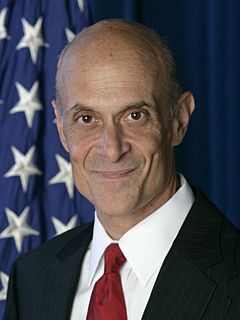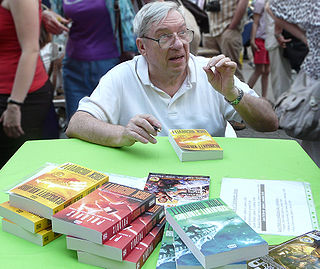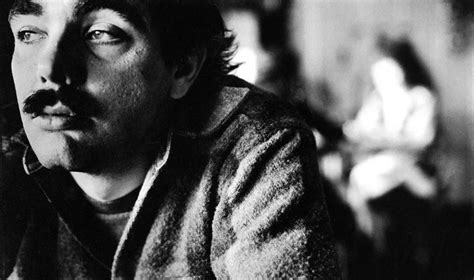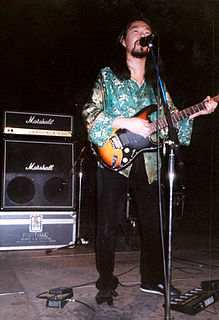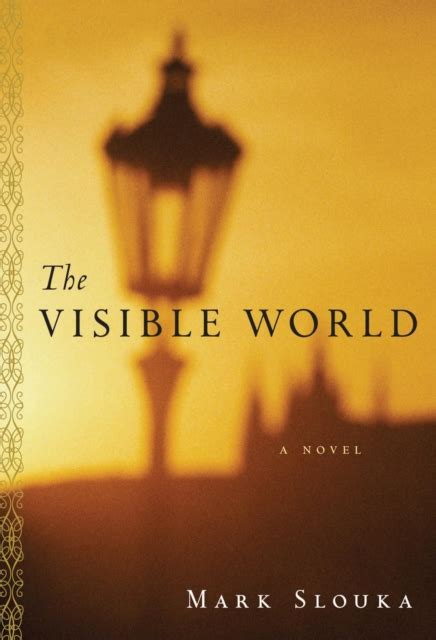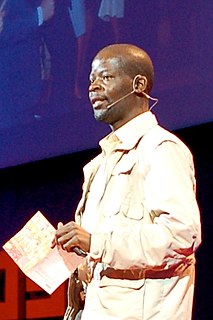A Quote by Diane Ackerman
Hurricane season brings a humbling reminder that, despite our technologies, most of nature remains unpredictable.
Related Quotes
We are too much in the machine world today. Even here in Tuva we've got every year more and more cars and other technologies, and of course it brings more pollution to our air, to nature. And I think the idea of the Kraftwerk song is people should not be very much mechanized or to be a machine in the world of machines. The idea is to try to find a golden middle between the world of nature and the world of machines.
I don't know if most people have truly taken on board what this says about our place in the natural world. It doesn't mean that humans are dominating the Earth, ruling over all of nature. In fact, it is a reminder that we are only a tiny part of nature, at the mercy of a system whose operations predate us by billions of years, and will continue billions of years after we're gone.
Our ingenuity in feeding ourselves is prodigious, but at various points our technologies come into conflict with nature's ways of doing things, as when we seek to maximize efficiency by planting crops or raising animals in vast mono-cultures. This is something nature never does, always and for good reasons practicing diversity instead. A great many of the health and environmental problems created by our food system owe to our attempts to oversimplify nature's complexities, at both the growing and the eating ends of our food chain.
History resists an ending as surely as nature abhors a vacuum; the narrative of our days is a run-on sentence, every full stop a comma in embryo. But more: like thought, like water, history is fluid, unpredictable, dangerous. It leaps and surges and doubles back, cuts unpredictable channels, surfaces suddenly in places no one would expect.
The fact that a cloud from a minor volcanic eruption in Iceland—a small disturbance in the complex mechanism of life on the Earth—can bring to a standstill the aerial traffic over an entire continent is a reminder of how, with all its power to transform nature, humankind remains just another species on the planet Earth.
There is always this interesting relationship we have with technology. When we invented writing Socrates used to say it was going to rot our brains because we were going to write everything down and not have to remember anything, and so it would atrophy our brains. So there has always been this human drive on the one hand to create tools, to create technologies to overcome our boundaries, but then there is always this reservation, and this fear that say these technologies are somehow unnatural and it is against nature to partake in them.


